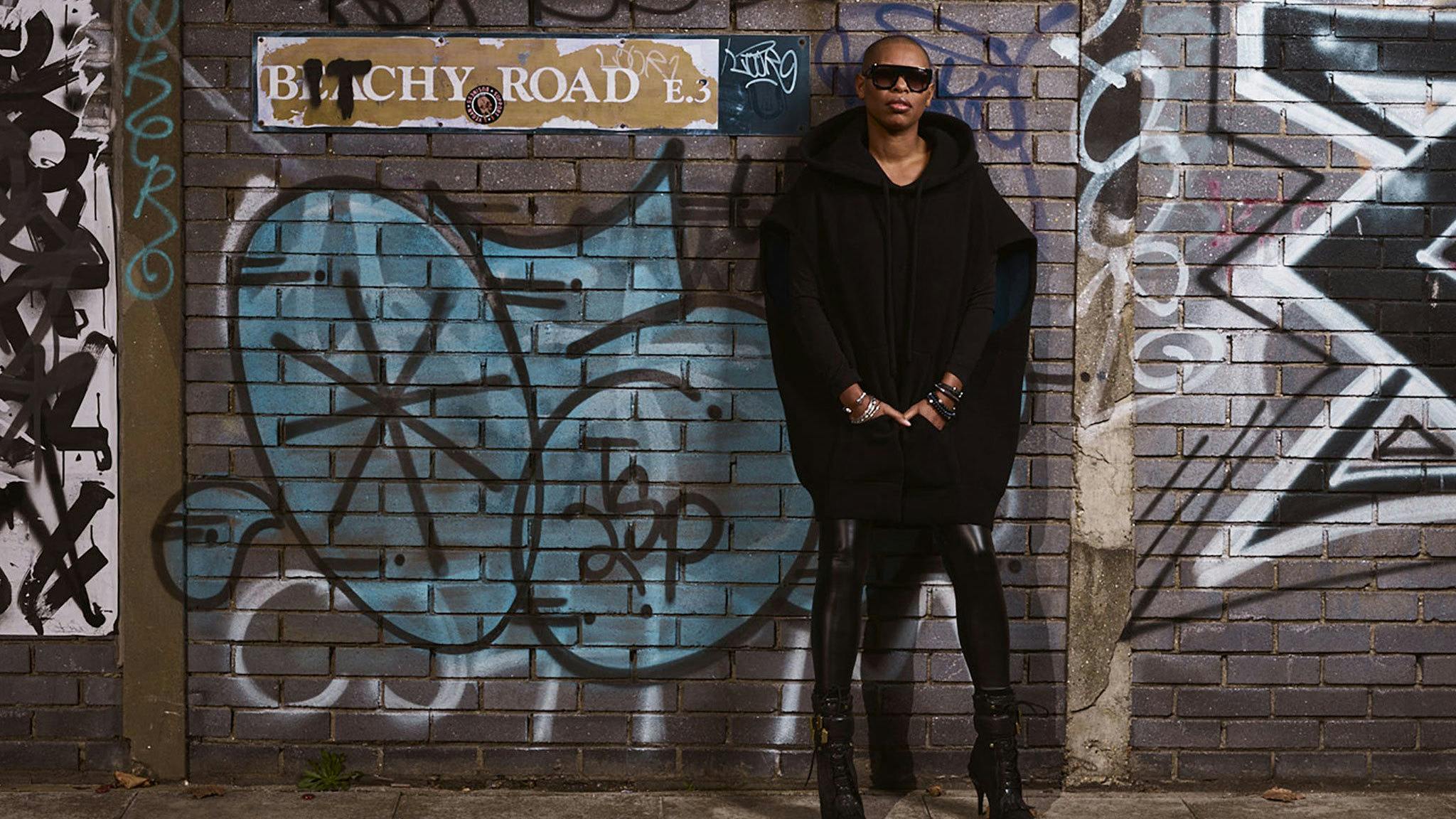Were you expected to excel educationally and go to university?
“No. There was no expectation whatsoever. As a girl, there was no expectation. I was just going to get married or have a boyfriend, and have kids. No-one ever said to me, ‘You should go to university,’ or whatever. My best friend had the model family. I really loved them and I’d go and hang out, and that was the first time I saw an example of a happy family. That had a massive influence on me because my mum worked nights, and my dad was never around. My mum was a nurse. But yeah, I remember getting to 13 and realising that if I didn’t start to look after myself, nobody else was going to. And I realised that I didn’t want to stay in Brixton. I thought the only way to get out was to get educated. So that’s why I started working hard at school.”
Did you sing for the first time during your university years?
“Yeah, there was a guy who said, ‘I need to practise piano and I need someone to sing,’ like I was doing him a favour, because I was super-shy, like really shy. He’d learn a jazz song and I’d sing along with him. In my first year I worked really hard, and I was top of the class – not being arrogant, I just was – but I thought, ‘Well, I don’t have to work now,’ so I joined the students’ union and became entertainments officer. We’d get all the bands in, and I was a security officer, and I did no coursework and nearly failed. In that year I joined a band, and that was when sexuality was starting to kind of whatever, and I started to make friends with all the locals. I was going to all these gay clubs in Middlesbrough, after-hours. You’d have to knock on the door. And then they’d look at you, and you’d go in. It was really 1960s-style.”
Later, did you ever feel that you’d passed a point of no return with respect to working at a traditional job?
“Yeah, god – I was working as an interior designer, and I was the assistant in an office. It was the end of the yuppie period, and at that point I was singing all around London, in jazz clubs. I was into jazz and rock, and I was singing all the time. I was earning good money, because I got a good job, and I remember I went from being a real office type to going out every night and coming home at four in the morning and having to be at work by nine. It was the worst part of my day. I hated it by then – absolutely hated it. I gave up my job because… I walked out.”
How come?
“My mother was really sick. I’d been trying to get time off to look after her and they wouldn’t let me. In the end I just said, ‘Look, I have to leave at one o’clock because I have to buy some food and look after her.’ And they just had me hanging on until fucking four o’clock, just sitting around. In the end I got off at four, got the food, got home, and my mum wasn’t there. She’d gotten so sick she called an ambulance, because she was dying, basically. She was a mess and she knew she was slipping in and out of consciousness. She had severe jaundice, a deficiency of iron, and had shrivelled to nothing. I ran to the hospital and went into the ward and she was like this tiny skinny person. I went to the bathroom, cried my eyes out and that was it. I was like, ‘What the fuck am I doing with my life?’ My stupid job kept me away, and my mother could have died for no other reason than I wasn’t there, and I hadn’t been there all week. That was the point I was like, ‘Fuck this. Fuck everything.’ It really changed my perspective. I thought, ‘Stop wasting time with ignorant stupid people and the stupid job.’ I walked out a week later.”
